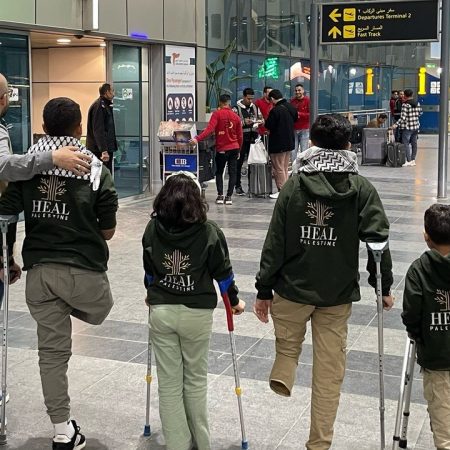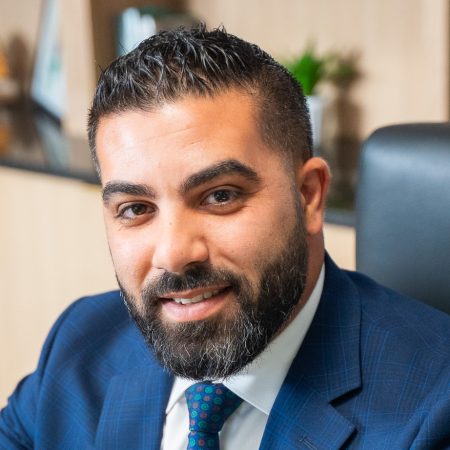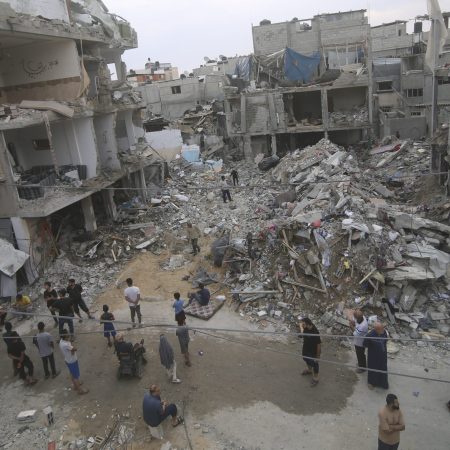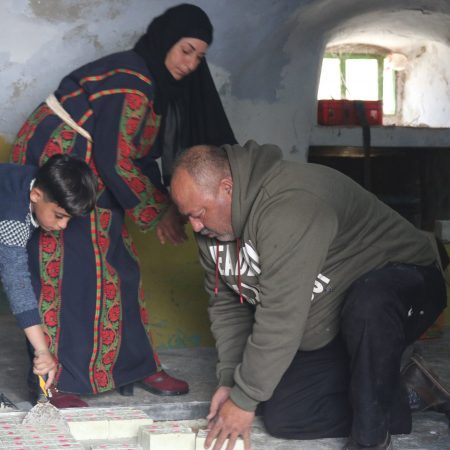The Metro: Child amputees from Gaza get treatment, hope in Detroit
Subscribe to The Metro on Apple Podcasts, Spotify, NPR.org or wherever you get your podcasts.
Crowds at Detroit Metro Airport recently cheered and sang as four children from Gaza arrived in wheelchairs. The children are amputees and are among thousands in Gaza who have lost limbs from Israeli bombardments.
Now, they face severe, life-altering injuries.
The Israel-Hamas war in Gaza has made that tiny part of the world — which is roughly the same geographical size as Detroit — home to the highest number of amputee children per capita.
The World Health Organization says this crisis of child amputees is especially dire because these kids have little access to medical care. Israeli air strikes have decimated what was an already fragile medical system. Many children who have lost their limbs must have surgery without anesthesia, according to the United Nations.
Steve Sosebee is trying to do something about that. He orchestrates complex plans to evacuate and treat Gazan kids through his organization HEAL Palestine — including the four children who arrived at Detroit Metro Airport on April 13.
He joined The Metro on Tuesday along with HEAL Palestine volunteer Yasmeen Hamed, a Dearborn Heights mother who has opened her home to multiple young Palestinians who have arrived in the U.S. for treatment after experiencing intense pain and trauma.
Use the media player above to hear the full conversation.
More stories from The Metro on Tuesday, April 15:
- Cutting the ribbon on new affordable housing in Southwest Detroit
- A professor’s thoughts on reforming DEI at universities
- WDET celebrating the life and legacy of Judy Adams at Garden Theater this weekend
- Gov. Whitmer talks tariffs at the Detroit Economic Club
Listen to The Metro weekdays from 10 a.m. to noon ET on 101.9 FM and streaming on-demand.
Trusted, accurate, up-to-date.
WDET strives to make our journalism accessible to everyone. As a public media institution, we maintain our journalistic integrity through independent support from readers like you. If you value WDET as your source of news, music and conversation, please make a gift today. Donate today »
The post The Metro: Child amputees from Gaza get treatment, hope in Detroit appeared first on WDET 101.9 FM.




